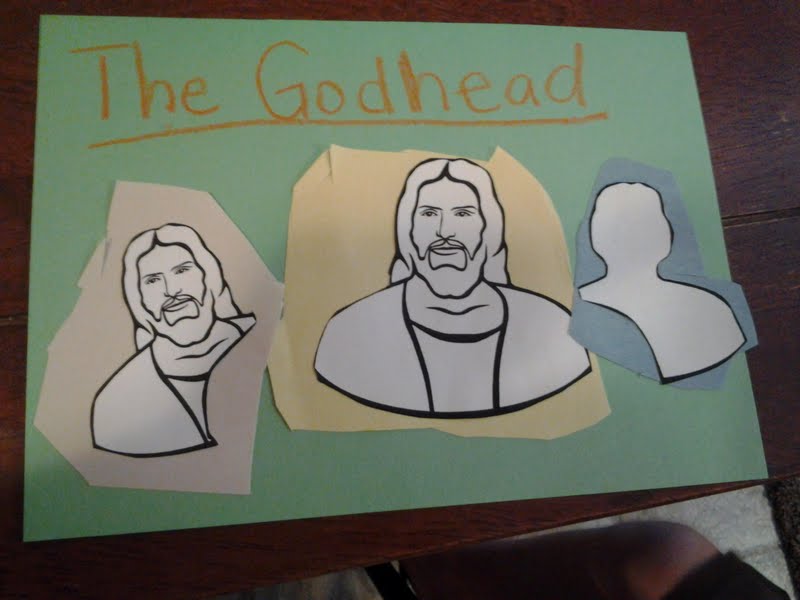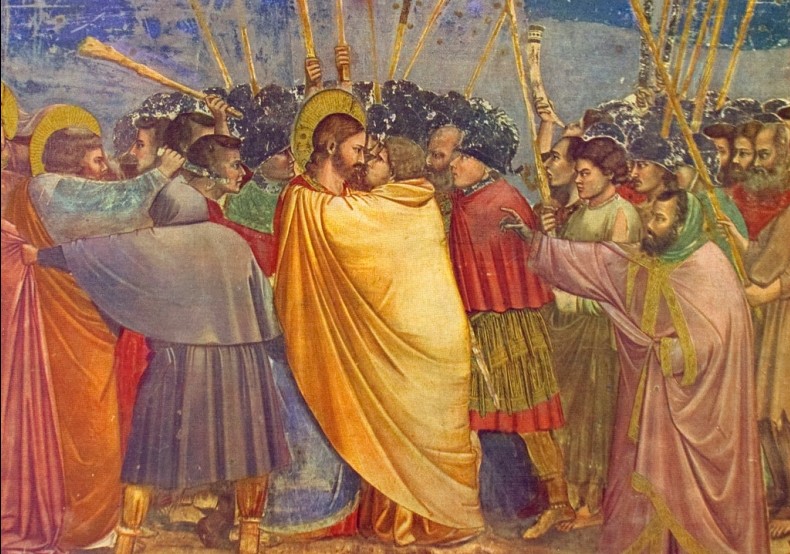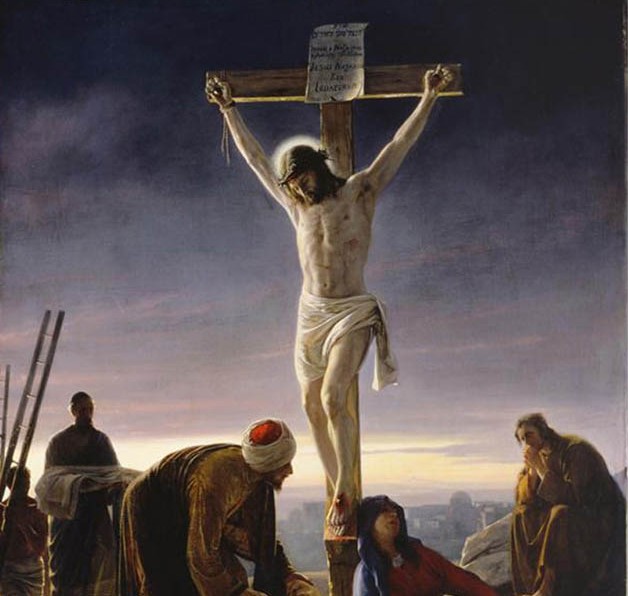Dear Gramps,
Our church (LDS) believes that Jesus Christ is the son of our Heavenly Father, two separate and distinct individuals. I also believe this and always have, even before I was converted a year ago. But a massive contradiction exists in our own Book of Mormon; I can almost name the 100 or so verses from the King James, such as Psalms 110:1 and Hebrews 1:3 and many others where it is directly obvious that they are two separate persons. HOWEVER: Whenever any of the Book of Mormon prophets discuss Jesus Christ’s relationship to the Father, they are ALWAYS described as being the same person. Mosiah chapter 15 being the worst example of this (Look at the chapter’s leading description – “How Christ is both the Father and the Son”). We also see near the end of the Book of Mormon that Christ himself states that he himself IS the Father. This flies in the face of Joseph Smith’s first vision and the entire King James Holy Bible.
Since the Book of Mormon is the book we really like to get others to believe, how am I to answer the question of my peers when explaining the Gospel to them when they ask: “I read your Book of Mormon, and there’s not a single example of Heavenly Father and Christ as being two separate people, which your church claims is the case. Not only that, but every time the two are mentioned, the prophets claim IN DETAIL that they are ONE IN THE SAME. Your own church is wrong according to its own book!”
This issue causes me lots of confusion and difficulty, and no one can answer this question adequately. Your turn.
Bob, from Washington
Dear Bob,
There is no conflict between the Book of Mormon and the Bible in the doctrine of the Trinity. Let’s see if we can’t help in the understanding of this most fundamental doctrine. You mention the many verses in the Bible that indicate that the Father and the Son are two separate beings, such as in John
It is also written in your law, that the testimony of two men is true. I am one that bear witness of myself, and the Father that sent me beareth witness of me (John 8:17-18).
But also in John we read that the Father and the Son are one. These are the words of the Savior himself. I and my Father are one (John 10:30). Now, if you believe the Bible to be the word of God, you must believe that both of these statements are true. The question is, how can that be? You’ll have a hard time finding a clear explanation of that doctrine in the Bible, but it is amply clarified in the Book of Mormon.
Jesus Christ, who is the Son of God the Father, the Savior and Redeemer of the world, becomes in a very specific sense the Father of the faithful. When we are baptized, we are born again. We put off the old, carnal man and are born unto Christ, who is the author of our salvation. The statement “to be born again, of the water and of the Spirit” is an allegorical statement. The word “born” means that we come forth from the waters of baptism into a new life. As a repentant soul, with our sins washed clean, we are as free from sin as a new-born babe. Thus, calling the baptism a new birth is a very apt allegory. Since Christ is the author of our salvation, since it was he who suffered for our sins and paid the full price to the demands of justice, he has become as it were our Father. Now this is what King Benjamin explained to those that were converted and baptized in his day. He said,
Ye have spoken the words that I desired; and the covenant which ye have made is a righteous covenant. And now, because of the covenant which ye have made ye shall be called the children of Christ, his sons, and his daughters; for behold, this day he hath spiritually begotten you; for ye say that your hearts are changed through faith on his name; therefore, ye are born of him and have become his sons and his daughters (Mosiah 5:6-7).
So in this sense is Christ called the Father. It in no way implies that the God the Father and his Son, Jesus Christ are one and the same person. That is not the intent of the scripture. That is not what it means.
Now, if we go to Mosiah 15, we read how Abinadi explains that the Savior is called both the Father and the Son. Again, Abinadi is not attempting to say that the Father and the Son are one in person, but they are certainly one in purpose, and one in mind. Even so did the Savior say to those that were with him during his mortal ministry–
Jesus saith unto him, Have I been so long time with you, and yet hast thou not known me, Philip? he that hath seen me hath seen the Father; and how sayest thou [then], Shew us the Father? (John 14:9)
(This scripture could also be falsely interpreted by the uninspired as the Father and the Son being one in person.)
And now Abinadi said unto them: I would that ye should understand that God himself shall come down among the children of men, and shall redeem his people. And because he dwelleth in flesh he shall be called the Son of God, and having subjected the flesh to the will of the Father, being the Father and the Son–The Father, because he was conceived by the power of God; and the Son, because of the flesh; thus becoming the Father and Son–And they are one God, yea, the very Eternal Father of heaven and of earth. And thus the flesh becoming subject to the Spirit, or the Son to the Father, being one God, suffereth temptation, and yieldeth not to the temptation, but suffereth himself to be mocked, and scourged, and cast out, and disowned by his people (Mosiah 15:1-6).
Abinadi refers to the Savior as “God,” and correctly so, for indeed he is a God. “And because he dwelleth in flesh he shall be called the Son of God.” Dwelling in the flesh, he was born of mortal Mary and the Immortal Father, and rightly is called the Son of God. He is called “the Father” “because he was conceived the by power of God.” It was that divine power that enabled him to bear the sins of the world, and thus become the Father of the faithful, as explained by Mosiah. Abinadi then explains the THEY (plural) are one God–again in the sense of purpose, not in a literal sense.
And so we could go on–. Whenever the scriptures–either the Bible, the Book of Mormon, the Doctrine and Covenants or the Pearl of Great Price–speak of the Father and the Son as being one God, the intent is that they are one in mind, in purpose, in mission. It never means in any reference that they are one and the same physical person.
I would suggest that you read again all the related scriptures with a prayerful heart, asking the Father to reveal to you their true understanding, and I’m sure that any confusion that you may have experienced will clear up, and you will come to an understanding that will be without conflict in your mind.
Gramps







